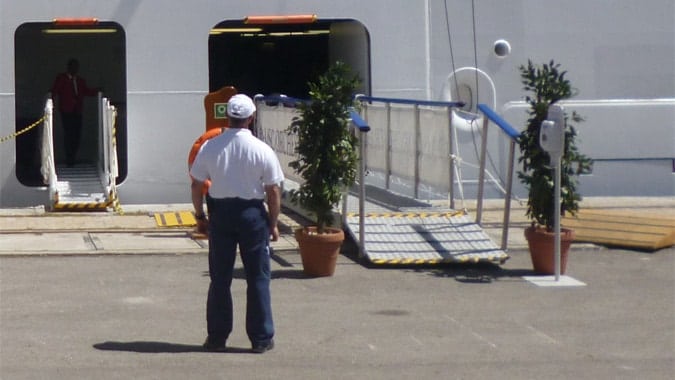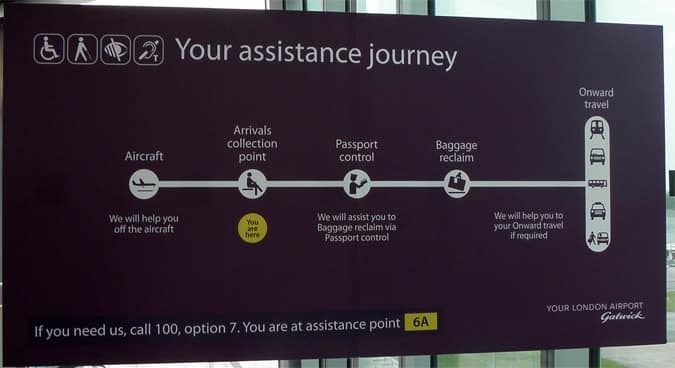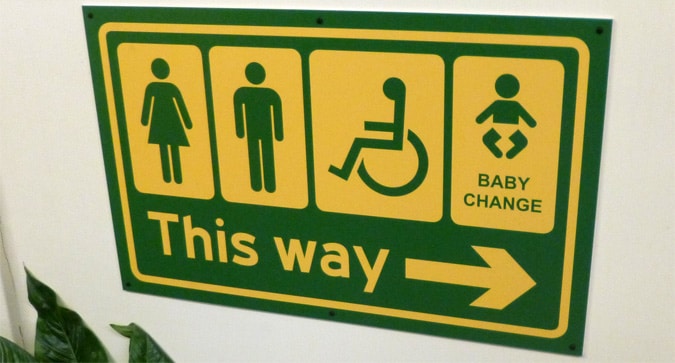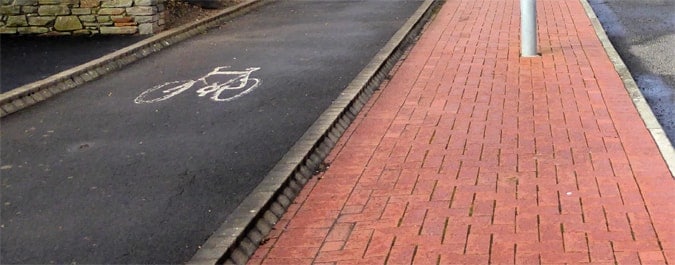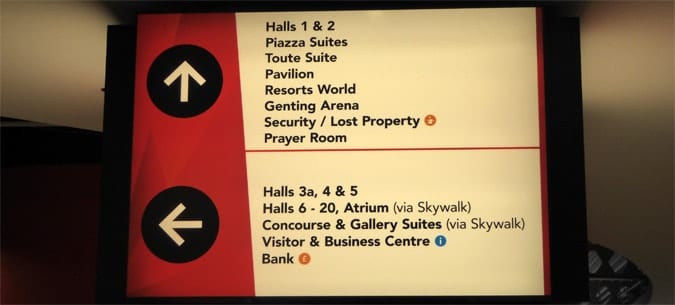Last Updated on October 3, 2023
Hello, my name is Emma Purcell, I’m 26 years old and live in Alton, Hampshire. I have quadriplegic cerebral palsy and registered blind. I’m the blogger of Rock For Disability and a freelance writer at online magazine Disability Horizons. Plus I’m the Hampshire Champion for disability organisation AccessAble.
I love travelling around the UK to attend gigs, festivals, theatre shows and visiting friends. Plus I have to attend many appointments at Moorfields Eye Hospital in London. For some of these journeys, I travel by train to get to my destination.
However, being a wheelchair user does come with many barriers in order to access a train, platform, carriage or staff assistants when using the rail network.
In this guest blog post, I share five inaccessible dilemmas I’ve experienced on train journeys:
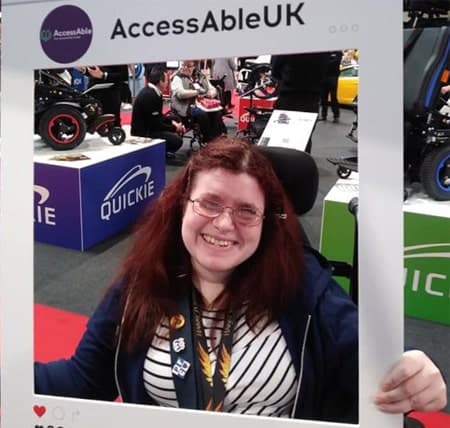
Table of Contents
1. Being in a Disabled Carriage That Doesn’t Reach the Platform
A few years ago, I was travelling back from London Waterloo to Alton with my parents. I’ve done this journey on countless occasions with no issues.
However, on this occasion, as we approached Alton station, we noticed the disabled carriage wouldn’t make the platform.
The person assisting us in London must’ve put us on the disabled carriage near the rear end rather than the front end of the train, and as Alton has a sorter platform, I couldn’t get off.
Therefore my Dad got off the train at Alton and drove my car to Farnham station, while Mum and I stayed on the train and travelled back up to Farnham to meet Dad there.
Note to self and assistant staff, put me on the front disabled carriage because Alton station has a short platform!
2. No Lift to Bridge or Level Access to Cross Railway Line at Portchester station
In 2005, my family and I moved to Portchester, a small town near Fareham on the south coast of Hampshire – where we lived until 2015.
Our house was halfway up Portsdown Hill and 0.4 miles from Portchester train station.
Despite having the train station walking distance from my house, I was never able to use it due to its poor accessibility for wheelchair users.
The station is located on a railway bridge where I would have to drive my wheelchair up a steep ramp to get to it.
Then once I’m up there, I can only board trains on the platform heading southeast towards Portsmouth because there are no lifts to the bridge or level access to get across the railway line.
Therefore I could get a train to Portsmouth but would not be able to return to Portchester because the train stops on the opposite platform.
Also if I wanted to board a train heading west to Fareham then onwards to London, I wouldn’t be able to board the train because it is on the opposite platform.
Consequently, every time I traveled to London, I would have to travel in my car to Fareham or Havant station to get the train to London Waterloo.
This cost me more time, more money, as I had to pay for parking too, and more diesel in my car.
3. Almost Missing Stop Due To No Guard Available With Ramp
While at university and living in adapted accommodation near Alton, my friend (who is also a wheelchair user) and I decided to go out shopping in Woking.
We boarded the train at Alton and told the guard we were getting off at Woking.
As we approached Woking, there was no sign of a guard or ramp. Other people began departing the train and we became anxious that we would be stuck on the train and end up in London instead.
Luckily we spotted a passenger about to leave the train and asked them if they could find a guard for us as this is our stop.
Thankfully the person went to find someone and a member of staff came with the ramp.
Although we did eventually get off the train, it still concerns me that if we hadn’t asked that passenger to help, we still would have been stuck on the train.
4. Passengers Using the Disabled Seating for Buggies, Bikes, and Luggage
The biggest thing that irritates me when traveling by train is having non-disabled passengers use the disabled carriage for buggies, bikes, and luggage.
I agree there isn’t always enough storage space on trains but it frustrates me when I board a train and people are reluctant to move for me and can’t be bothered to fold buggies or bikes away and sit in a standard seat.
I literally have no choice where to sit as there is only one or two disabled carriages but there are another 6 to 12 other carriages, including bike carriages, available for non-disabled passengers and I’m sure they can improvise in storing their belongings safely.
5. Booking Assistants in Advance Then No Assistants Turns Up On the Day
For most journeys, it is advised that disabled passengers book assistants 24 hours in advance of traveling.
A majority of the time I do try booking assistants in advance. However, there have been multiple occasions where I book the ramp, arrive at the station 20 minutes before the train is due to depart and no one turns up with the ramp.
When this does happen, I either have to send my carer to go find somebody or the guard spots me on the platform a few minutes before departure and asks if I’m boarding this train.
Sometimes I feel when I make the booking, the information is not past on to the relevant station.
Also, I find it slightly discriminating that we have to book assistants for a specific train when non-disabled people can board a train anytime at any station.
Life is unpredictable at times, and there is no guarantee of knowing when your appointment, meeting or social event will end.
Therefore you won’t know which train you will be boarding.
Luckily bigger stations like London Waterloo have a large team of staff and a dedicated information desk so as soon as I know which train I’d like to board, a member of staff can assist me with the ramp.
Whereas smaller stations have not enough staff or can be deserted at times when you turn up spontaneously to board a train.
Moreover, the plans to have driver-only trains worry me because there will be less staff available to assist disabled passengers.
I would like to see electric ramps installed on disabled carriages so disabled passengers can board trains independently and without relying on assistants.
Thank you Paul for inviting me to be a guest blogger.
About the Author Emma Purcell: To find out more about me and view more of my work, visit my blog Rock For Disability and follow me on Facebook & Twitter.

Dr Paul Symonds has a PhD in Wayfinding from Cardiff Metropolitan University in the UK. Paul works with the signage industry, airports and other locations providing wayfinding audits, consultancy and training.

